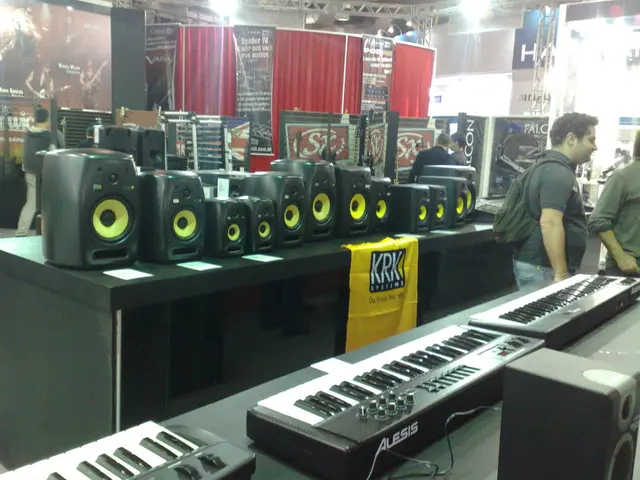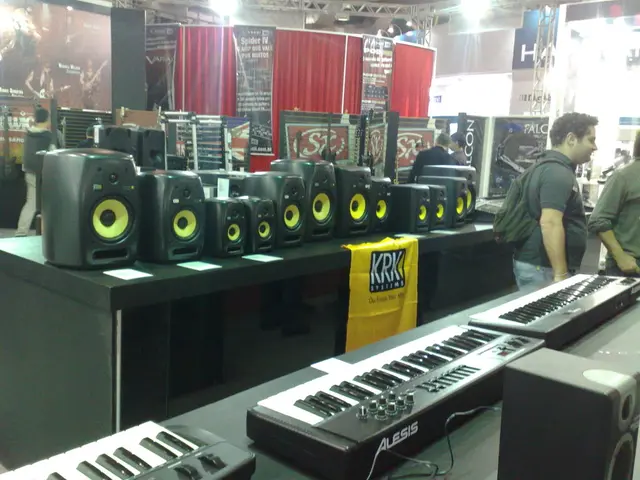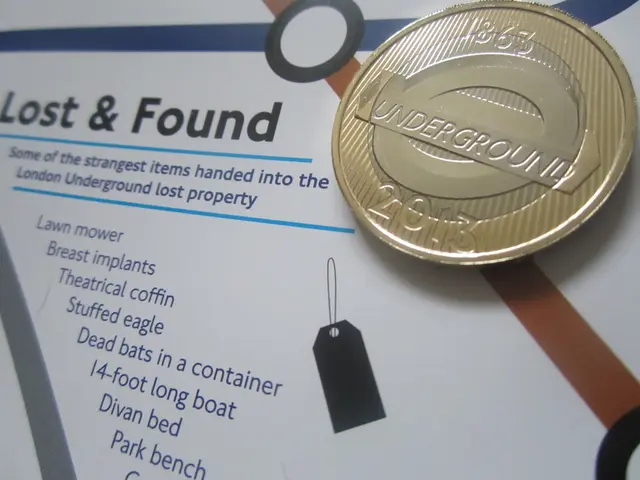Tourism Authority in Las Vegas Allocates $20 Million for Formula One Investments
The Formula 1 Las Vegas Grand Prix, set to return in 2026 and 2027, has sparked a heated debate in the city regarding its economic benefits. Although the event generates a substantial gross economic impact—estimated at around $934 million in 2024—the net economic benefit is a subject of contention.
The Las Vegas Convention and Visitors Authority (LVCVA) is the primary funder of the Grand Prix, with visitor-paid hotel room taxes and other tourism-related revenue providing the majority of the funding. The LVCVA has committed over $51 million for races through 2027.
The Grand Prix, held in Las Vegas in November 2022, attracted approximately 175,000 unique visitors and 306,000 attendees over three days. Yet, the financial gain is not evenly distributed. While luxury casinos on the Strip have reportedly benefited significantly, other businesses, including mid-tier hotels, off-Strip accommodations, local dining spots, and smaller businesses, have seen reduced customer traffic and revenues during the race weekend.
These concerns have led to at least four lawsuits from local businesses claiming millions in lost revenue due to the event and alleging improper fast-tracked approvals by Clark County.
Economists and consultants involved in the assessment have differing views. Some, like Las Vegas consultant Jeremy Aguero who helped prepare economic impact figures, argue that losses to non-F1 businesses are factored into official numbers. On the other hand, others claim the estimates understate business downturns because they focus on gross spending and do not capture the full displacement and disruption caused by the event.
The debate centers on whether the substantial public investment in F1 sponsorship truly nets positive economic gains for the broad Las Vegas economy or primarily benefits select sectors, while imposing financial costs on others, including some local businesses that experience decreased patronage during the race weekend. The issue remains contentious with ongoing legal actions and calls for more detailed impact assessments.
The LVCVA has not yet provided an economic impact estimate for the 2026 and 2027 races. Additional revenue for the LVCVA comes from Convention Center rentals ($34.6 million) and monorail operations ($23 million). The Grand Prix elevates the Las Vegas area's global visibility as a tourism hub, reaching a worldwide TV audience of over 50 million.
This economic impact figure reflects gross spending, not net economic gain. The net economic benefit of the F1 Las Vegas Grand Prix is a subject of ongoing debate.
- The Las Vegas Convention and Visitors Authority (LVCVA) has invested over $51 million for Formula 1 races in Las Vegas through 2027.
- Economists and consultants have varying opinions about the economic impact of the Formula 1 Las Vegas Grand Prix, with some claiming that losses to non-F1 businesses are factored into official numbers, while others believe the estimates understate business downturns.
- The Grand Prix attracted approximately 175,000 unique visitors and 306,000 attendees in November 2022, yet some businesses, such as mid-tier hotels and local dining spots, have reported reduced customer traffic and revenues during the race weekend.
- Controversies surrounding the Grand Prix include at least four lawsuits from local businesses claiming millions in lost revenue due to the event, alleging improper fast-tracked approvals by Clark County.
- The casino-and-gambling culture of Las Vegas, including luxury casinos on the Strip, has reportedly benefited significantly from the Grand Prix.
- The issue of whether the substantial public investment in Formula 1 sponsorship nets positive economic gains for the broad Las Vegas economy or primarily benefits select sectors remains contentious with ongoing legal actions and calls for more detailed impact assessments.







